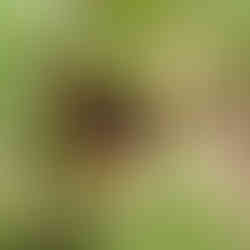Comments on a Green Season Safari in the Lowveld
- chishakwepr
- Jan 11, 2024
- 2 min read
While it is more traditional to go on safari in the cooler dry months of the year, the wet months are not without their own special appeal.
The Wet Season is beautiful in the Lowveld of Zimbabwe
The wet season, it stands to reason, is also the green season. The tawny golds and bleached browns of the dry season are replaced with every hue of green imaginable. The vast blue sky of the winter months is filled with great skyscapes of clouds; sometimes towering mountains and sometimes white sheep scudding across the sky. Sometimes dark and ominous and sometimes light and fluffy. And sometimes all of this, all at the same time.

Game viewing can be rewarding
The thick green bush can make it a bit harder to get good visual on some of the animals and looking for them at water points is not as productive as it is during the dry months as there is water everywhere. But if it is dripping wet from recent rain, it also means some of the animals are more likely to be looking for somewhere to dry off, not infrequently, on the roads themselves.
The other aspect that is added to the game watching agenda is the presence of babies. Many of the herbivores have young at heal at this time of the year and watching young animals explore their new surrounds and gamboling on wobbly legs is an enchanting experience.

There is plenty of life to be observed in addition to mammals. The Lowveld is abuzz with abundant and diverse insect life during the wet season. This can be seen as a pro or a con, depending on your point of view, and the situation. Having a host of moths trying to dive into your glass of wine at dinner that could certainly be seen as a disadvantage. On the other hand, you will get to see some the big, the bad, the ugly and also the beautiful and the weird of the bug world. We would certainly recommend some insect repellant as an essential item to avoid any encounters of the too close kind.
Bird Watching can be great
Even if you do not appreciate all the insect life you can rest assured that birds do. This makes for some good bird watching opportunities especially if you are wanting to see some of the summer visitors from the North.

At the end of the day the wet season is not the traditional safari season as most visitors prefer to avoid the chance of rain and prefer the cooler weather. Having said this, for those who are prepared to chance the warm weather and the odd shower and brave the bug life, it can be a different and rewarding experience. Seeing the bush at its most vibrant green and growing best is, in itself, affirming and what better start to a year than some time gaining insight and inspiration in the natural world?















Comments